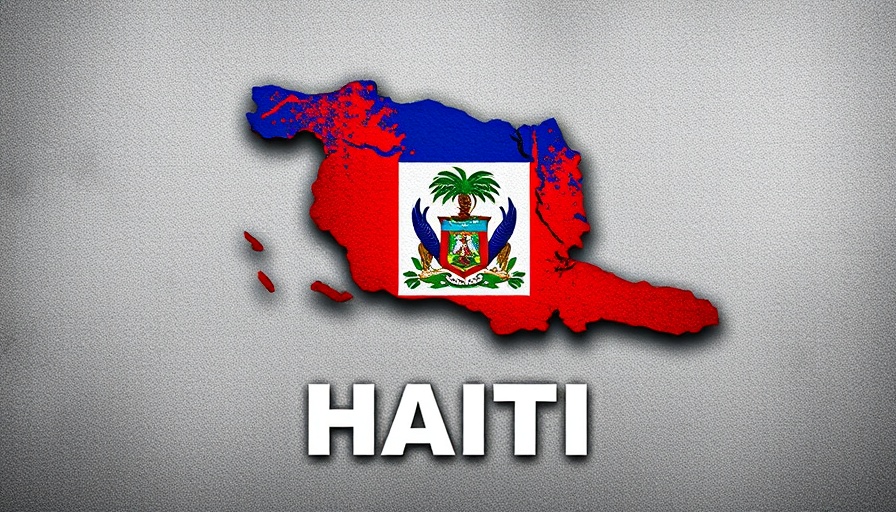
A Path Towards Caribbean Integration: IDB's Bold Moves
In a significant move towards strengthening regional ties, the Inter-American Development Bank (IDB) has unveiled key initiatives aimed at enhancing Caribbean integration and providing substantial support to Haiti. During the recent Brazil-Caribbean Summit, held at the Itamaraty Palace in Brasilia, the IDB announced an impressive R$1.6 billion (approximately $283 million) in grants specifically targeted at projects that will uplift Haiti’s basic infrastructure, healthcare, and education.
Addressing Needs: The Impact of IDB’s Grants for Haiti
The funds allocated by the IDB will facilitate essential projects such as school meal programs, renovations for hospitals, and improvements in basic infrastructure. This financial support comes at a critical time, as Haiti grapples with numerous challenges stemming from economic instability and natural disasters. According to IDB president Ilan Goldfajn, the approach reflects a collaborative commitment to strengthen resilience and create opportunities throughout the Caribbean nations.
Debt Swaps: A Unique Strategy for Sustainability
One of the most innovative proposals is the multi-country debt-for-resilience swap program. This unprecedented approach, requested by Barbados Prime Minister Mia Mottley, seeks to allow Caribbean nations to exchange their debt for investments focused on enhancing resilience against climate threats. By fostering collaboration among multiple international institutions, the IDB aims to unlock fiscal resources that can be reinvested into vital public goods.
Multi-Donor Fund: Collective Action for a Stronger Future
The launch of the Caribbean Multi-Donor Trust Fund further solidifies the IDB's commitment to a coordinated approach in addressing varied challenges across the region. This fund will focus on critical areas such as disaster risk management, citizen security, and private sector development—essential for bolstering the region’s economic health and stability.
Future Outlook: Opportunities for Growth and Cooperation
The initiatives introduced by the IDB represent not just a financial commitment but a vision for sustainable development and cooperation in the Caribbean. Through the ONE Caribbean program and joint efforts with organizations such as the UN and the World Bank, the IDB is paving the way for a resilient and integrated Caribbean landscape.
As Caribbean nations work together, the resilience challenges they face can become less daunting. By pooling resources and implementing innovative strategies such as the proposed debt swaps, these nations may well turn the tide in their developmental journey, showcasing how regional collaboration can lead to substantial progress.
 Add Row
Add Row  Add
Add 




Write A Comment